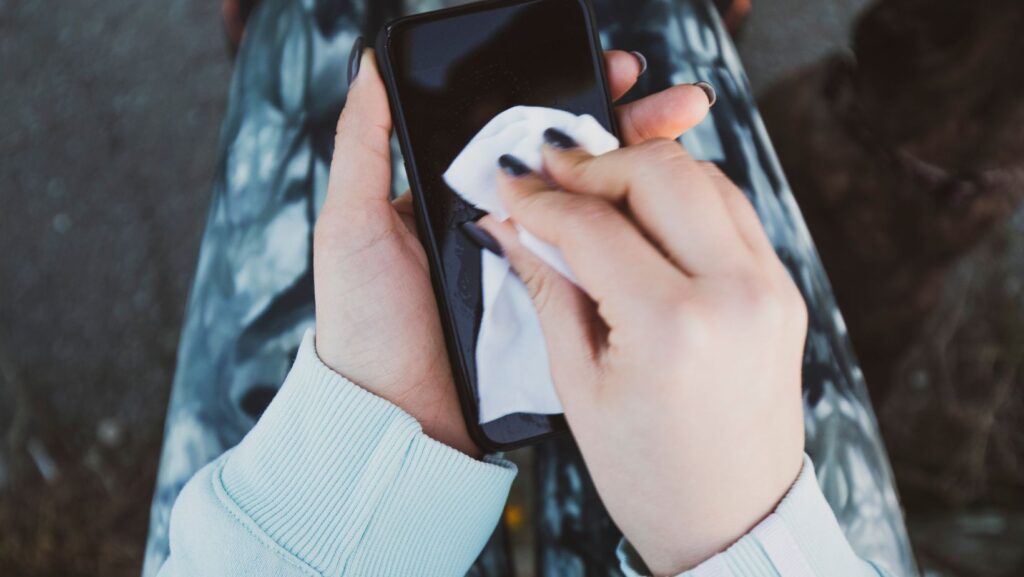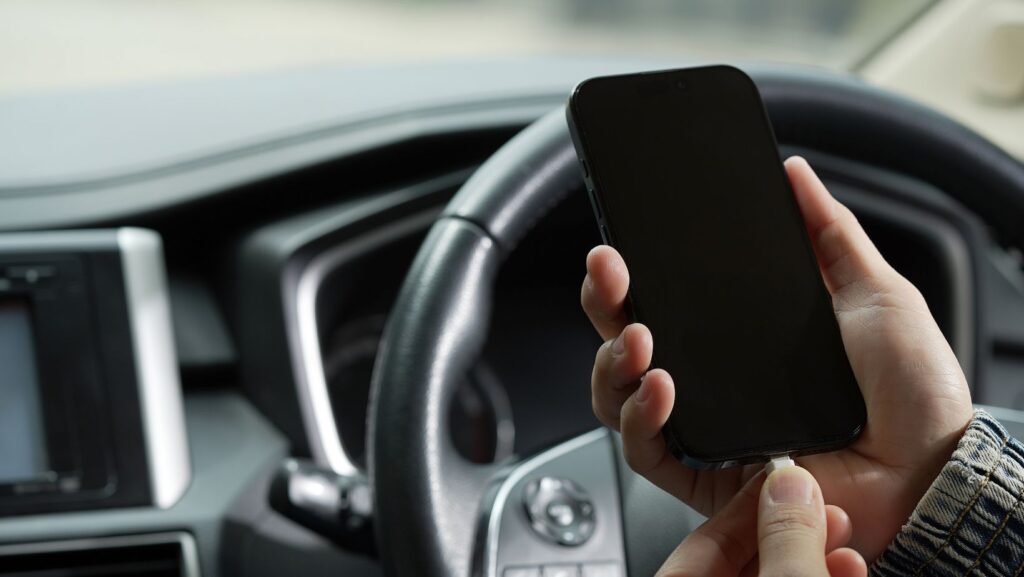Should you be intentional about your phone security? The obvious answer is YES. Most people’s phones contain almost everything about their lives, and that may include you.
Technically, today, many of us live in our smartphones. We entertain ourselves there, bank, shop, and socialize. While doing all this, we leave traces that hackers are looking for. Them having access to our phones means them having access to everything concerning our lives, including our photos, apps, and social media.
Con artists want to gain access to many people’s devices, either remotely or by stealing them. Many people have lost their savings or had personal photos, videos, audio, or other details leaked to the internet because they did not properly secure their phones.
This blog post will share 8 tips to keep your device safe. Read on to learn more.
1. Make Use of Strong Passwords
Almost everyone uses passwords on their mobile phones today, but only a handful use strong passwords.
First, forget about the use of patterns as passwords. Some hackers can spot the pattern as soon as you make a trace on your phone. Plus, if your screen is dusty, it can leave a trace of your pattern, and anyone can make one or two guesses to get your pattern.
And if you are one of those people who uses your date of birth or that of those closer to you, that is even worse. It is not just enough to have a password on your phone; having a password that is difficult to guess is important. A strong passcode should be long, with a mixture of capital and small letters, numbers, and special characters.
Aside from password-protecting your phones, there are options for passwording your SIM and even apps. If hackers bypass your device, they may find it difficult to crack the passwords on the SIM and apps.
2. Don’t Share Your Passwords with Anyone
You can have the strongest password in the world, but as soon as you share it with somebody, your phone becomes vulnerable.
Do not share your passcodes with anybody, but if you must, you should quickly change them. Don’t make the mistake of using the old password on other accounts after changing it; this is a common mistake.
3. Don’t Click on Suspicious Links and Attachments
Whenever someone sends you a link or attachment, think twice before clicking, especially if the sender is unknown. If you do click on a phishing link or download a virus-infected attachment, you will be redirected to a malicious website, where all your data, including bank account details and login credentials, will be stolen.
The consequences can be severe: you can become a victim of identity theft and lose all your hard-earned money.
Also, try to avoid interacting with these people, as some con artists are trained to emotionally manipulate people into divulging their personal information.
4. Don’t Keep Yourself Logged in on Certain Sites
DON’T KEEP YOURSELF LOGGED IN ON CERTAIN SITES. This is a serious call to your phone security. Websites that require a user password are a first-to-go point for hackers who are looking for the digital footprints of internet users.
If you are a person who often shops online or uses internet banking, don’t be quick to agree with the “keep me logged in” statement. While this is easy and convenient, as you can access your page quickly without retyping your password when you next want to use the site, it can be dangerous.
If you weigh what you stand to lose versus retyping your password whenever you want to visit such sites, you will see that retyping the password will always be the right option.
5. Avoid Unknown Networks
Avoid connecting to other networks, especially public ones, especially if you are unsure about the level of their security.
However, there are certain cases when you must connect to a friend’s or colleague’s WiFi or Bluetooth. In this case, do not forget to disconnect yourself from the network as soon as you are done to protect your smartphone from malicious hackers.
6. Download Apps From Credible App Stores
If you want to download any app that doesn’t come with your phone, make sure you are downloading it from a credible app store. Google Play and App Store are the most reliable ones.

It doesn’t end there. Even with the credibility of these stores, it is also important to pay attention to the rating and read the reviews about the app before you download it. Another thing to check out is the privacy policy to see the extent of your data that can be shared.
7. Update the Apps
Updating the apps on your device is important because security features are periodically added to the new version. If you ignore this point, hackers can use advanced malware not covered in the old version to steal your data.
8. Back Up Your Data
One of the worst things that can happen to phone users is losing their phones, which leads to the possibility of all the data stored there being taken advantage of. It is like a nightmare that one hardly wakes up from.
Back up your data to secure the information contained in your phone in case you lose it. You can do this on Google Drive or Backup Assistant Plus, which helps store data in Verizon Cloud.
Final Thoughts
Many people have lost their personal data as a result of unsecured phones, and the consequences are serious. However, with the above-mentioned security tips, you can avoid this tragedy.
A strong password is the first step, and avoid sharing it with other people. When you log in with your password on websites that require your financial details, log out immediately after use.
You could also disconnect from any WiFi and Bluetooth when not in use, download apps from credible stores, update apps when needed, and avoid clicking on suspicious links and attachments.
To secure your data, in case you lose your phone to theft, back it up. Finally, trust no one when it comes to securing your phone except yourself.


